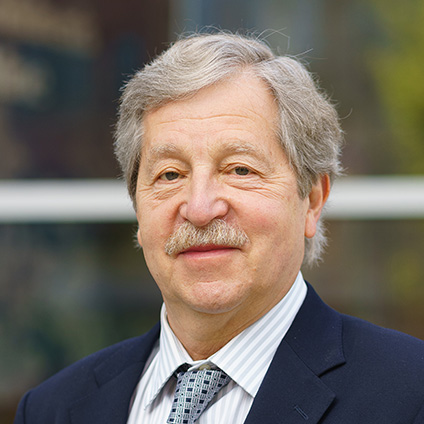Evento
The Effects of Early Psychosocial Deprivation on Brain and Behavioral Development: Findings From the Bucharest Early Intervention Project
Charles A. Nelson III, PhD, is a professor of pediatrics and neuroscience and professor of psychology in the Department of Psychiatry at Harvard Medical School and a professor of education in the Harvard Graduate School of Education. He also holds the Richard David Scott Chair in Pediatric Developmental Medicine Research at Boston Children’s Hospital and serves as director of research in the Division of Developmental Medicine. His research interests center on a variety of problems in developmental cognitive neuroscience, including the development of social perception, developmental trajectories to autism, and the effects of early adversity on brain and behavioral development.
About This Event
Experience is the engine that drives much of postnatal brain development. When children are deprived of key (i.e., experience-expected) experiences, particularly during critical periods of development, brain and behavioral development can be derailed. There is perhaps no more egregious form of deprivation than being raised in large, state-run institutions.
In my talk, I will introduce a project launched over 20 years ago, based in Bucharest, Romania. In the Bucharest Early Intervention Project three groups of Romanian children are being studied: infants abandoned to institutions and who remain in institutional care; infants abandoned to institutions but then placed in high quality foster care; and infants who have never been institutionalized. These three groups have been studied through age 22 years. In my talk I will introduce the overall project, including its conceptual framework, its experimental design, the ethics involved in conducting this work and the nature of the intervention we deployed. I will then briefly summarize findings from several key domains, including brain development, cognitive development, social-emotional development, and psychopathology.
Learning Objectives
- Understand how early psychosocial neglect impacts the course of brain-behavioral development across the first two decades of life
- Understand the concept of critical periods and how they influence the course of human development
- Appreciate the implications of a randomized controlled trial of foster care as an alternative to institutional care for the tens of thousands of children in the United States who experience neglect early in life
Disclosure
- Member of Korro-Al Advisory Board
About the Visiting Professor Lecture Series
The Child Mind Institute Visiting Professor Lecture Series invites leaders in the field of child and adolescent mental health to talk about the latest research and treatment protocols. All events are open to the public. Continuing medical education (CME) credits for psychiatrists and continuing education (CE) credits for psychologists and social workers are available to registered course participants. Learn more.

